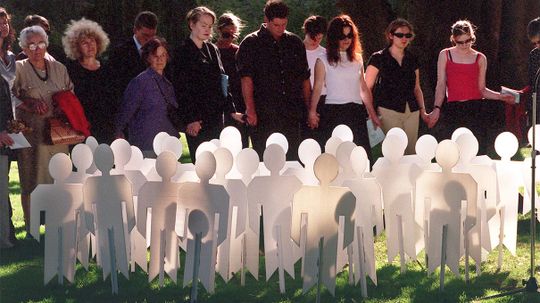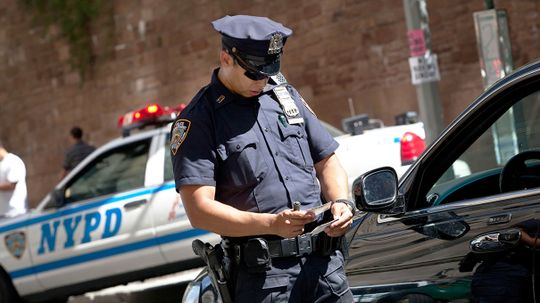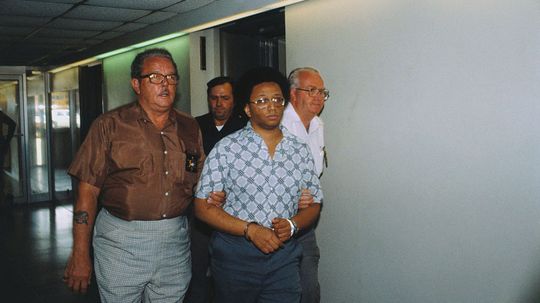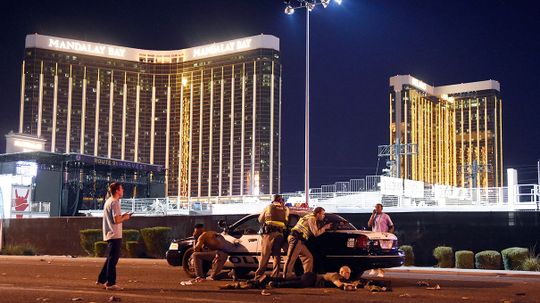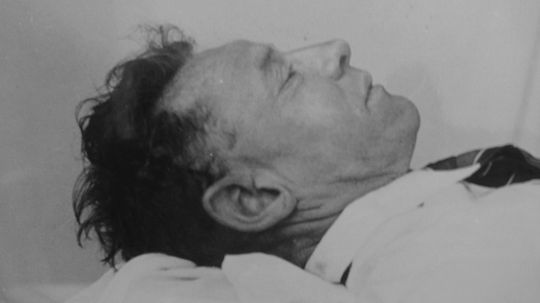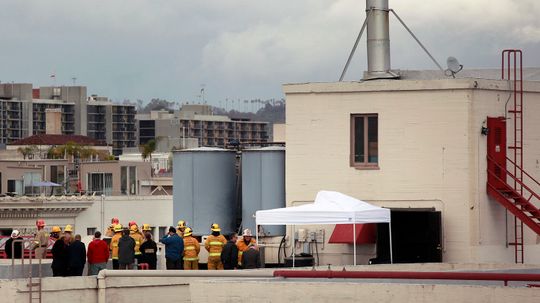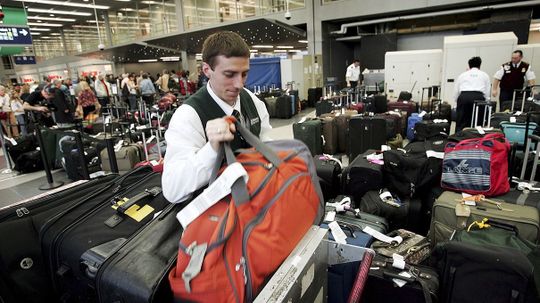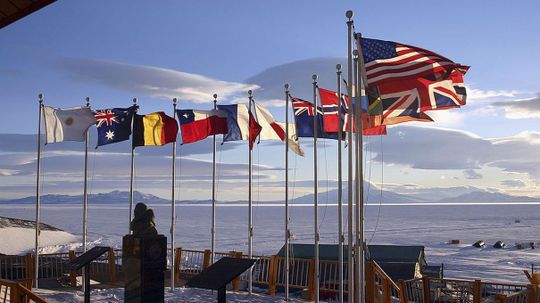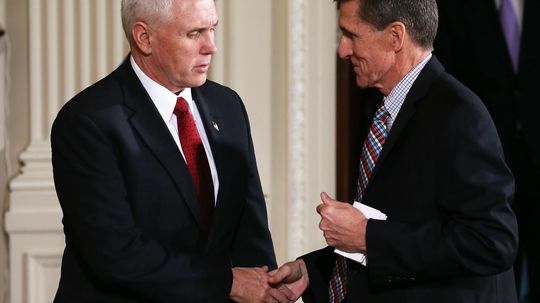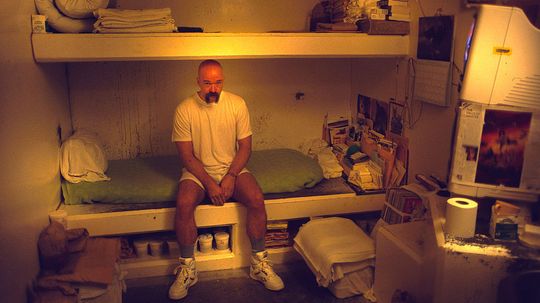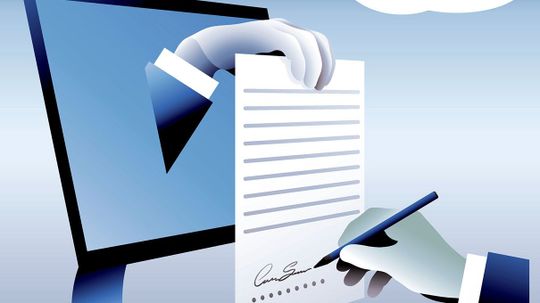Legal System
The Legal System Channel features information related to how society deals with crime, criminals and law enforcement. Learn more about how governments operate their legal systems.
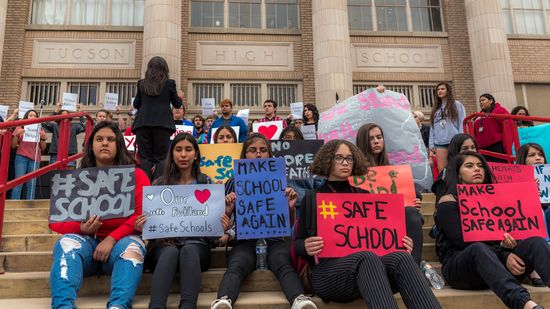
Determining the Worst School Shooting by Fatalities
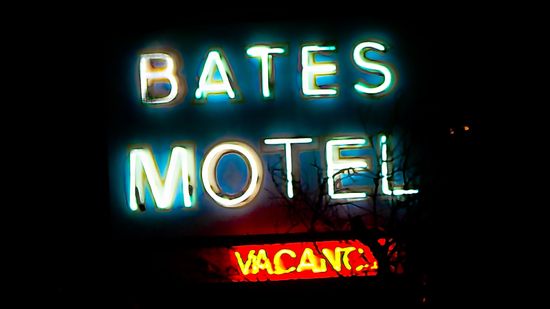
Ed Gein, Inspiration for 'Psycho,' Never Served Prison Time
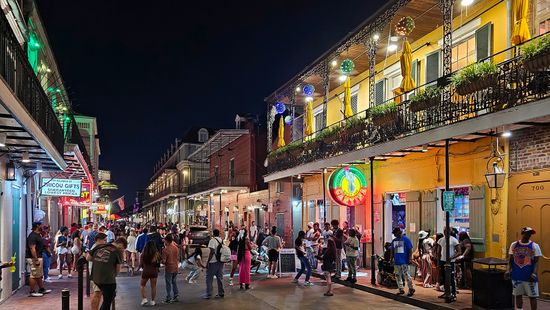
10 States With the Highest Crime Rates

10 States With the Strictest Abortion Laws After Roe v. Wade Was Overturned

What Is the Youngest Drinking Age in the World?
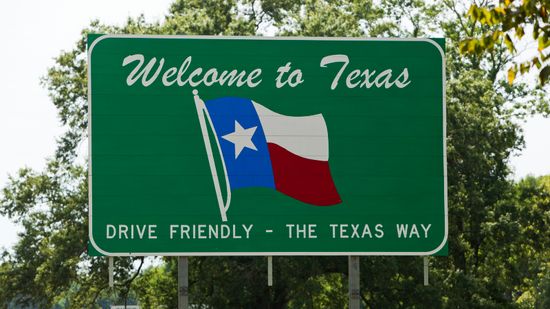
31 Open Carry States and 10 With 'Permissive' Open Carry

How the 2021 Astroworld Tragedy Changed the Festival Scene
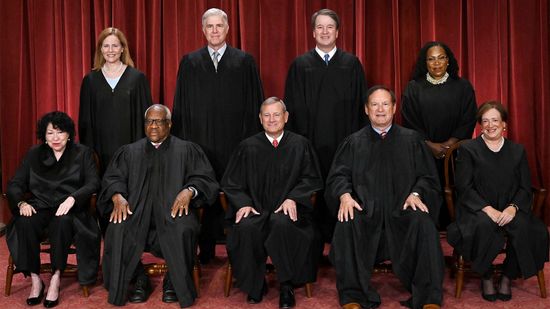
Supreme Court on the Brink of Ending Affirmative Action in College Admissions
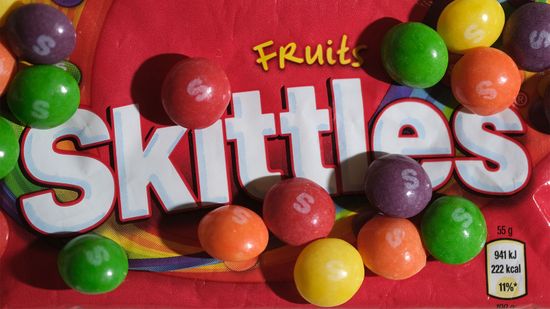
Are Skittles 'Unfit for Human Consumption'? A Lawsuit Says Yes
Learn More / Page 5
Online ordination may be quick and easy and presiding at a friend's wedding may be fun and meaningful. But these marriages haven't always held up in court.
By Dave Roos
Australia hasn't had a mass shooting in 22 years; the U.S. has had dozens during that same time.
The United States doesn't have a national ID, but it's slowly moving toward one with the REAL ID law. But what happens if a citizen doesn't have identification?
Advertisement
Wayne Williams is serving a life sentence for killing dozens of black kids in Atlanta between 1979 and 1981. But some say he didn't do it and evidence of his innocence was covered up.
Hotels/motels must balance guests' privacy with the safety of other guests and employees.
Arsenic? Been there, done that! These six other poisons should delight you murder nerds and obscurists out there.
Reports of famous people being accused of sexually harassment have been all over news sites and social media. What does U.S. law actually say sexual harassment is?
By Alia Hoyt
Advertisement
Charles Manson and his family have captivated the world since their murderous spree in the late '60s. What is it about this cult leader that made him so mesmerizing?
Hotel security in the U.S. today seems to be where airport security was before 9/11. Will it change after the worst mass shooting in modern U.S. history?
By Dave Roos
A lawsuit in federal court in Colorado seeks to establish that the Colorado River ecosystem has legal rights similar to those of a person.
We don't expect to ever be in a mass shooting. But by assuming the worst can happen, one expert says, we take the first step toward being prepared.
By Jamie Allen
Advertisement
The Somerton Beach man mystery has baffled authorities and mystery buffs for decades, but DNA researchers have finally put a tentative name to the man found dead on Somerton Beach in 1948.
By Diana Brown
While most people think of the Secret Service's only job as protecting the president, its first mission was combating counterfeiting. How does it balance the two?
Canadian student Elisa Lam went missing in 2013 and the mystery surrounding her death captured national attention. So what really happened to this 21-year-old?
By Diana Brown
Richard and Mildred Loving's interracial marriage was against the law. But it led to the Supreme Court's historic decision in 1967 to ban anti-miscegenation laws across the country.
Advertisement
Research shows that nicotine residue lingering in furniture and carpets may be hazardous to kids. Could that mean legal action for unsuspecting homeowners and tenants?
By Dave Roos
The TSA can open your checked bags at an airport. But how deep can they dig into electronic devices they find inside?
Antarctica belongs to no one nation. So what happens in the event of a crime?
By Dave Roos
While the press often gets a beating from the public and politicians, journalists have brought to national attention lots of issues that would otherwise remain hidden.
Advertisement
The U.S. has thousands of prisoners in solitary confinement. But experts are now saying it does more harm than good.
If someone is insulting you or your family and you clock 'em, can you get away with it, legally?
By Dave Roos
Companies are actually hoping you won't read these 8,000-word documents before you click "agree." But why?
By Dave Roos
Good Samaritan laws are intended to protect you from a lawsuit if you help strangers during an emergency. But they may not protect you in every situation.
Advertisement
Should you ever find yourself in the middle of a protest, you're going to want to avoid being targeted by one of these 'less-lethal' weapons.
By John Donovan
Some serial killers have murdered more than 100 people. Who are the worst serial killers in the world, and why did they do it?

